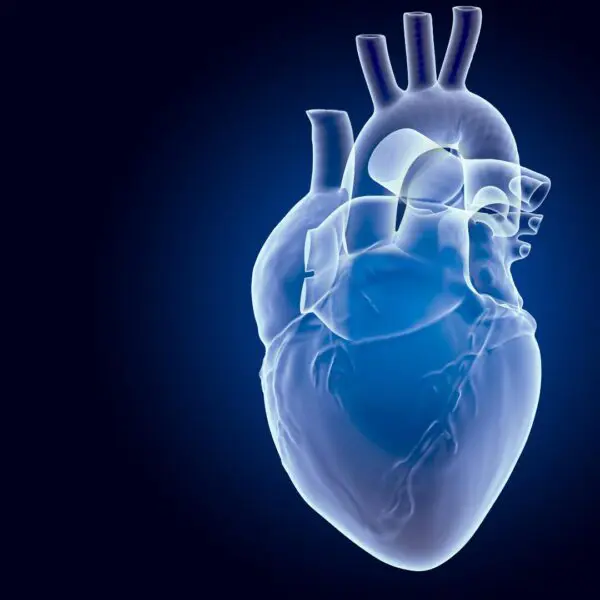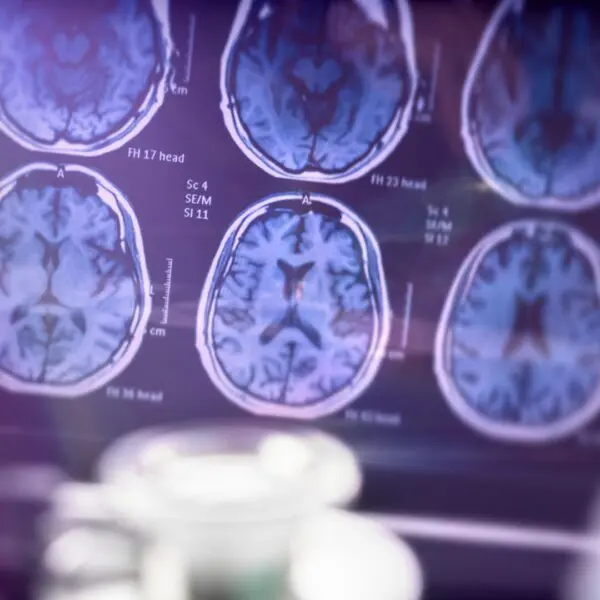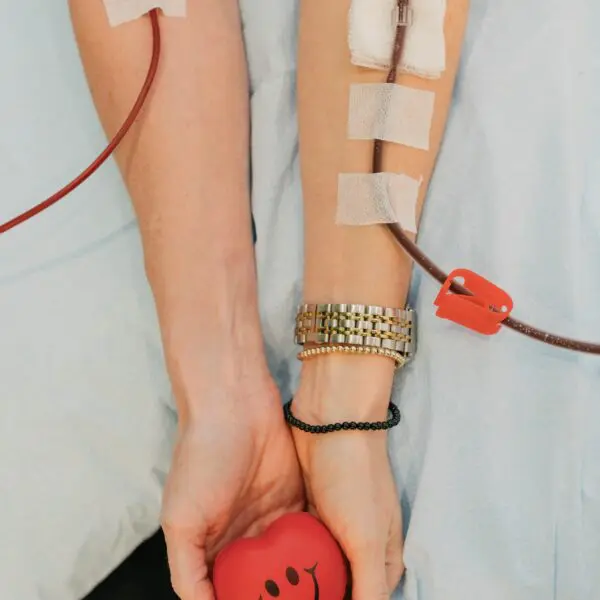Losing weight is challenging, but maintaining weight loss feels nearly impossible. Recent scientific research reveals why: fat cells have a surprising “memory” that makes weight regain frustratingly easy.
Fat Cells: More Than Just Storage
Fat cells in individuals with obesity are fundamentally different from those in people of a healthy weight. These cells carry a unique genetic and molecular signature that persists even after weight loss, creating significant challenges for long-term weight management. Researchers discovered that weight loss triggers profound genetic changes in fat cells. These cells don’t simply return to a “normal” state. Instead, these modified fat cells:
- Remain in a chronically altered state, maintaining molecular modifications
- Increase systemic inflammation
- Disrupt natural fat storage and metabolic mechanisms
- Create a biological environment that primes the body for rapid weight regain
The Genetic Blueprint for Weight Gain
A groundbreaking Swiss study revealed the deep-seated complexity of fat cell biology in individuals who have been obese. The research discovered that people who lose weight experience changes in over 100 RNA molecules within their fat cells – molecular alterations that persist long after the weight is lost. Critically, these changes distinguish fat cells in people with a history of obesity from those in individuals who have maintained a healthy weight throughout their lives.
In mouse studies, this phenomenon was starkly illustrated: animals that had previously been obese gained weight much faster when fed a high-fat diet compared to mice that were always at a healthy weight. This suggests that the genetic and metabolic changes in fat cells create a lasting predisposition to weight gain, making weight maintenance an ongoing biological challenge for those who have experienced obesity.
Beyond Willpower: A Biological Change
Weight management is not about discipline. It’s a complex biological process involving:
- Cellular memory
- Genetic modifications
- Metabolic adaptations
The good news is that understanding these mechanisms could lead to breakthrough treatments that help people lose weight and keep it off. Researchers are already exploring potential medications that could target these genetic modifications, offering hope to millions struggling with weight management.
Breakthrough Modalities at PUR-FORM
Here at PUR-FORM, there are a few modalities that can potentially the cycle of these cells and help keep the weight off:
- Hyperbaric Oxygen Therapy: HBOT enhances cellular metabolism, reduces inflammation, supports mitochondrial function, and can potentially reset cellular metabolic memory.
- Extracorporeal Blood Oxygenation and Ozonation: EBO2 supports metabolic reset, reduces oxidative stress, improves cellular energy efficiency, and helps modulate inflammatory responses.
- EGCG IV Therapy: EGCG (green tea extract) suppresses fat cell formation, boosts metabolic rate, reduces inflammatory markers, and can potentially disrupt fat cell genetic memory.
Weight loss is a sophisticated biological journey that goes far beyond diet and exercise. Science is slowly unraveling these mysteries, and each discovery brings us closer to more effective, compassionate approaches to health and weight management.
-Dr. P


















